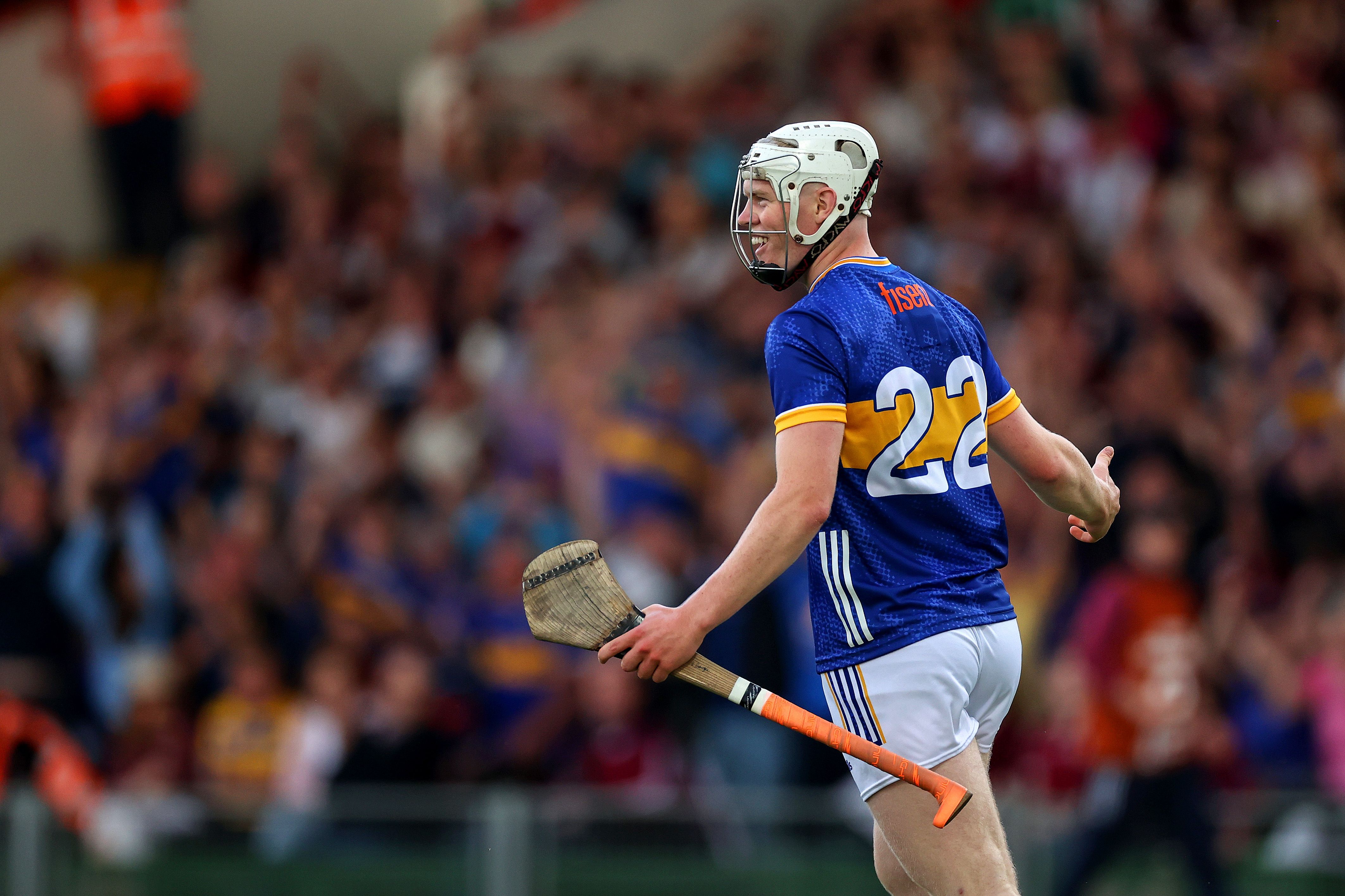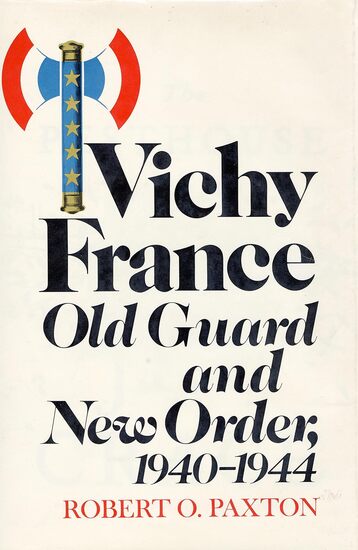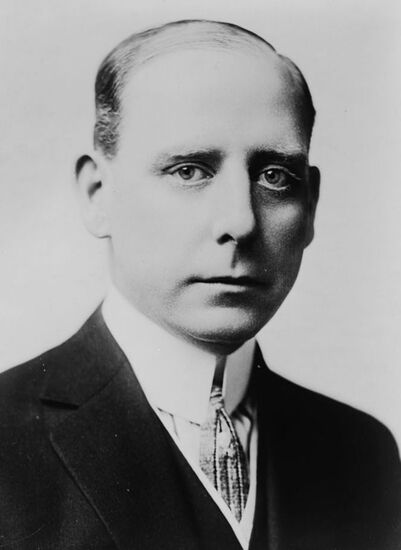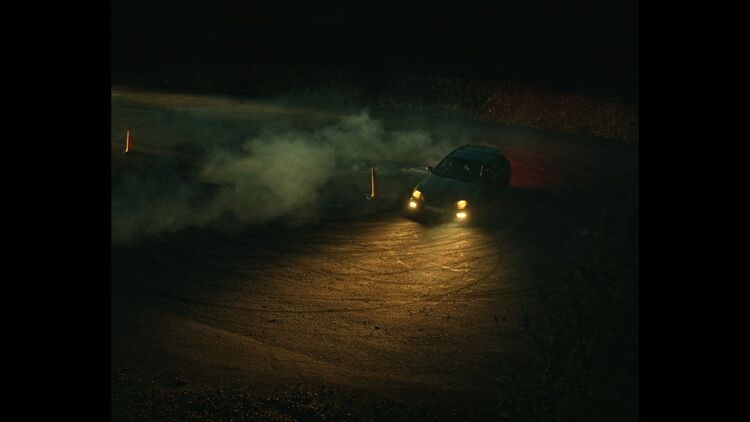The All Ireland Hurling Final will take place on Sunday, July 27, with a 3:30 p.m. start at Croke Park in Dublin. But before that at the same venue, Cork must play Dublin in the first semifinal on July 5, and Kilkenny will take on Tipperary on July 6 in the second.
Whichever teams make the final, there will be a large worldwide audience via the miracle of live streaming. Such a thing was unimaginable back on Sept. 6, 1959, when Waterford scored 1-17 and Kilkenny 5-5, a draw, at Croke Park, which was then showing off a new stand. (Waterford won the reply the following month, the last time the county were crowned champions.)
The BBC filmed the drawn final, and broadcast an excerpt on a sports show the following Wednesday, with commentary by Kenneth Wolstenholme, who wrote a piece about the experience for the Sunday Press the following weekend.
“I had a soft spot for the Irish, but ever since last Sunday I’ve been annoyed by them,” he began, “Annoyed with them for keeping this great game of hurling to themselves for so long.
“Here is something as Irish as gaelic coffee. Yet you Irish have been shy and bashful about singing its praises to the rest of the World. I wonder why?
Wolstenholme, best known as the BBC’s soccer commentator, said he was “raving to my friends” about the final. “I’ve had to explain what hurling is more times than Paddy O’Keefe, who was so helpful to us in giving us facilities, has had to explain to disappointed fans why all the tickets are sold for a final.
“Yet, remember I am a self confessed soccer maniac I still think soccer is the finest game in the world but now hurling is pretty strong around second place.”
He continued, “My main lasting impression will always be of the excitement I felt at Croke Park. I’ve seen sporting events in many parts of Europe and America (both North & South) but I have yet to see a game which keeps the excitement at such a constant fever pitch as hurling.
“Every other game I’ve seen has its dull moments yet on Sunday there was none at all and I came away wondering how 30 amateurs to whom the rule book says ‘full time training is inconsistent with amateurism’ could keep it up so long.
“It is now generally accepted that to get to the top and stay there in any world-class sport you have got to train full time, but your players of the fastest and most exciting game of the lot shattered that belief for me in one unforgettable hour last Sunday,” said Wolstenholme, who died in 2002 at age 81 and is best remembered for his improvised lines at the end of the 1966 World Cup final at Wembley Stadium. (In the waning seconds of the 30 minutes of extra time, with the score at England 3, West Germany 2, some spectators went onto the pitch. “They think it’s all over,” the commentator said. “It is now!” he added as Geoff Hurst blasted in England’s fourth goal.)
“When we filmed the final only one of the B.B.C. crew had ever seen a hurling game and our main difficulty was keeping up with the tremendous movement. It didn’t take me long to realize that hurling is even faster than ice-hockey which has always been regarded as the fastest of all sports.

Kenneth Wolstenholme.
“Happily enough hurling seems to sacrifice nothing of its skill on the alter of speed. I shall never forget some of the incredible forwards I and 74,000 others saw on Sunday and one man stands in my memory, Tom Cheasty,” the BBC man said. “That time in the second-half when he caught the ball, swerved around an opponent, tipped the ball onto his hurley, started to run, dropped the ball, but regained it, then burst between two men and shot a point which will forever remain as one of my finest sporting memories.
Wolstenholme, who flew on more than 100 missions with the RAF during World War II, wrote, “As far as television is concerned the danger about hurling is it could be too fast for the camera to follow. I think Sunday proved that the danger can be overcome. Our cameraman followed it very well for a man that had never seen the game before, and in a live outside broadcast there would be three television cameras instead of one film camera, so the coverage would be easier.
“So there is no reason why, the G.A.A. permitting, hurling should not be one of the big attractions on your screens when Irish television starts. Eamonn Andrews is a great personal and professional friend of mine,” Wolstenholme wrote, “and I have left him in no doubt as to what I think of hurling as television entertainment — although let us always remember that at best television is only a substitute for actually being in the stadium yourself.”









